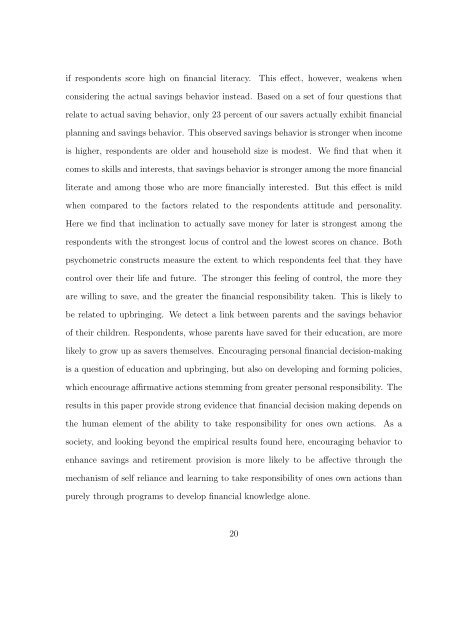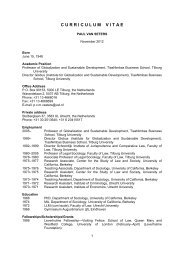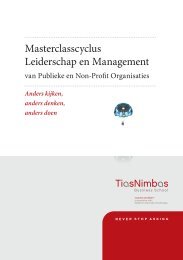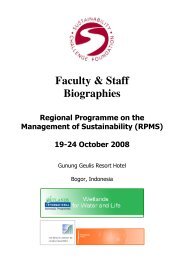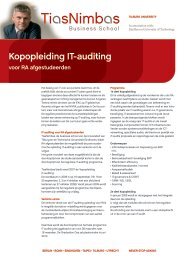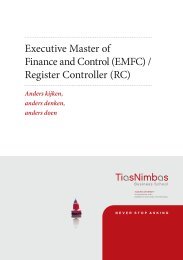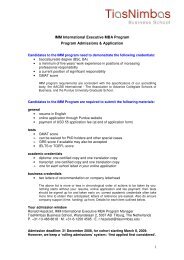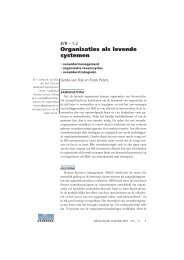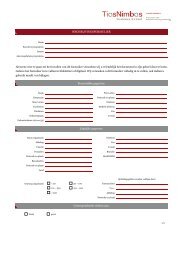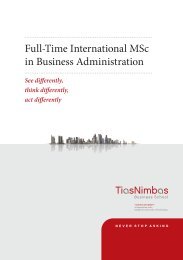Financial Responsibility, Personality Traits and Financial Decision ...
Financial Responsibility, Personality Traits and Financial Decision ...
Financial Responsibility, Personality Traits and Financial Decision ...
You also want an ePaper? Increase the reach of your titles
YUMPU automatically turns print PDFs into web optimized ePapers that Google loves.
if respondents score high on financial literacy. This effect, however, weakens when<br />
considering the actual savings behavior instead. Based on a set of four questions that<br />
relate to actual saving behavior, only 23 percent of our savers actually exhibit financial<br />
planning <strong>and</strong> savings behavior. This observed savings behavior is stronger when income<br />
is higher, respondents are older <strong>and</strong> household size is modest. We find that when it<br />
comes to skills <strong>and</strong> interests, that savings behavior is stronger among the more financial<br />
literate <strong>and</strong> among those who are more financially interested. But this effect is mild<br />
when compared to the factors related to the respondents attitude <strong>and</strong> personality.<br />
Here we find that inclination to actually save money for later is strongest among the<br />
respondents with the strongest locus of control <strong>and</strong> the lowest scores on chance. Both<br />
psychometric constructs measure the extent to which respondents feel that they have<br />
control over their life <strong>and</strong> future. The stronger this feeling of control, the more they<br />
are willing to save, <strong>and</strong> the greater the financial responsibility taken. This is likely to<br />
be related to upbringing. We detect a link between parents <strong>and</strong> the savings behavior<br />
of their children. Respondents, whose parents have saved for their education, are more<br />
likely to grow up as savers themselves. Encouraging personal financial decision-making<br />
is a question of education <strong>and</strong> upbringing, but also on developing <strong>and</strong> forming policies,<br />
which encourage affirmative actions stemming from greater personal responsibility. The<br />
results in this paper provide strong evidence that financial decision making depends on<br />
the human element of the ability to take responsibility for ones own actions. As a<br />
society, <strong>and</strong> looking beyond the empirical results found here, encouraging behavior to<br />
enhance savings <strong>and</strong> retirement provision is more likely to be affective through the<br />
mechanism of self reliance <strong>and</strong> learning to take responsibility of ones own actions than<br />
purely through programs to develop financial knowledge alone.<br />
20


